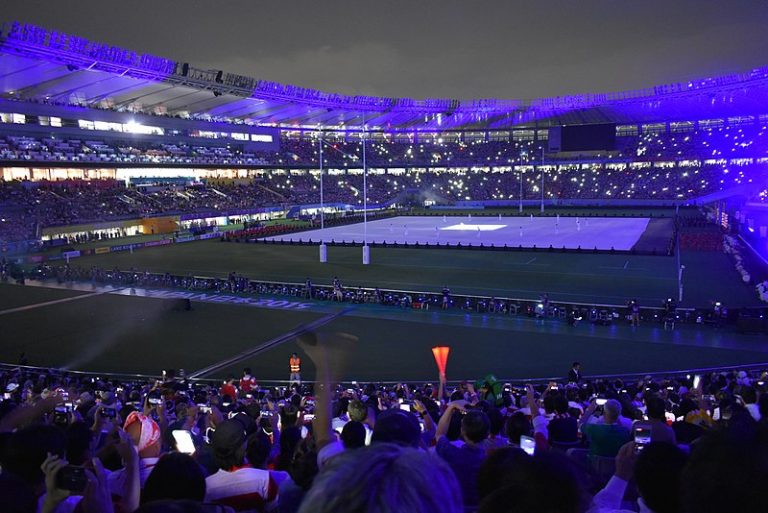When our readers are looking for a quick assessment of the current Olympic bid race, they click on BidIndex for a relative scored assessment of each city’s proposal. Citizens, stakeholders, industry insiders and many others consider it a valuable tool for understanding the race, and so it has become a de facto standard in the industry. So then, where is BidIndex for 2022?

Typically we release initial BidIndex scores shortly after the submission of applicant questionnaires from the bids and before the IOC Executive Board winnows down the list to a final set of candidates. From there we provide adjustments and updates throughout the campaign. However, if you regularly follow this space you’ll already know that the bid to host the 2022 Olympic Winter Games has been anything but typical.
A race of six strong candidates has dwindled to a head-to-head battle between the two that have been perceived the weakest. Stockholm, Krakow, Lviv and Oslo left the race for various socio-economic reasons while autocracies Beijing and Almaty Kazakhstan remain.
Our model has been turned on its head!
BidIndex is a model that compares the fundamental elements of current bids and compares them with the success, or lack thereof, of comparable bids in the past. It also takes into account the relative strengths of the competing bids in order to complete the assessment.
The merits of BidIndex have been clear; in our previous three assessments – of the 2016, 2018 and 2020 Olympic bids – the city receiving the highest BidIndex score has gone on to win the election to host the Games. In order to preserve the integrity of our model we didn’t want to jump in with an evaluation when we knew our confidence level was low. So we have waited for the proverbial dust to settle.
BidIndex gave top scores to bids from Rio 2016, PyeongChang 2018 and Tokyo 2020 – all eventual winners.
With the International Olympic Committee (IOC) set to vote on overarching changes to the bid process as part of President Thomas Bach’s “Agenda 2020” in Monaco this month, the fundamentals of the bid process may change – and so might BidIndex.
Changes being considered will shift the Evaluation Commission’s focus to sustainability, cost cutting and the athlete’s experience. The IOC plans to be more tolerant to multi-city and multi-national concepts where legacy can benefit.
The IOC hopes to reel in bidding costs by limiting lobbying opportunities and helping finance travel in order to make the most of them. And oddly, plans are being considered to set up an eligible “bid-consultant registry” even after Bach’s declaration last year that bids should avoid the use of consultants in order to be more creative.
All this needs to be approved by IOC membership next month.
But even with approval, the potential impact of these plans remains elusive. Can the new policies change the motivation of the bids? Will the voting IOC membership embrace the new expectations and factor them into their votes? Old habits die hard.
So you’ll have to wait a little bit longer for BidIndex 2022. After we learn if December’s “game-changing” proposals will be implemented we’ll step back, take another look at the two bids, and adjust our model. But in the end, perhaps it won’t change at all.
Stay tuned!


